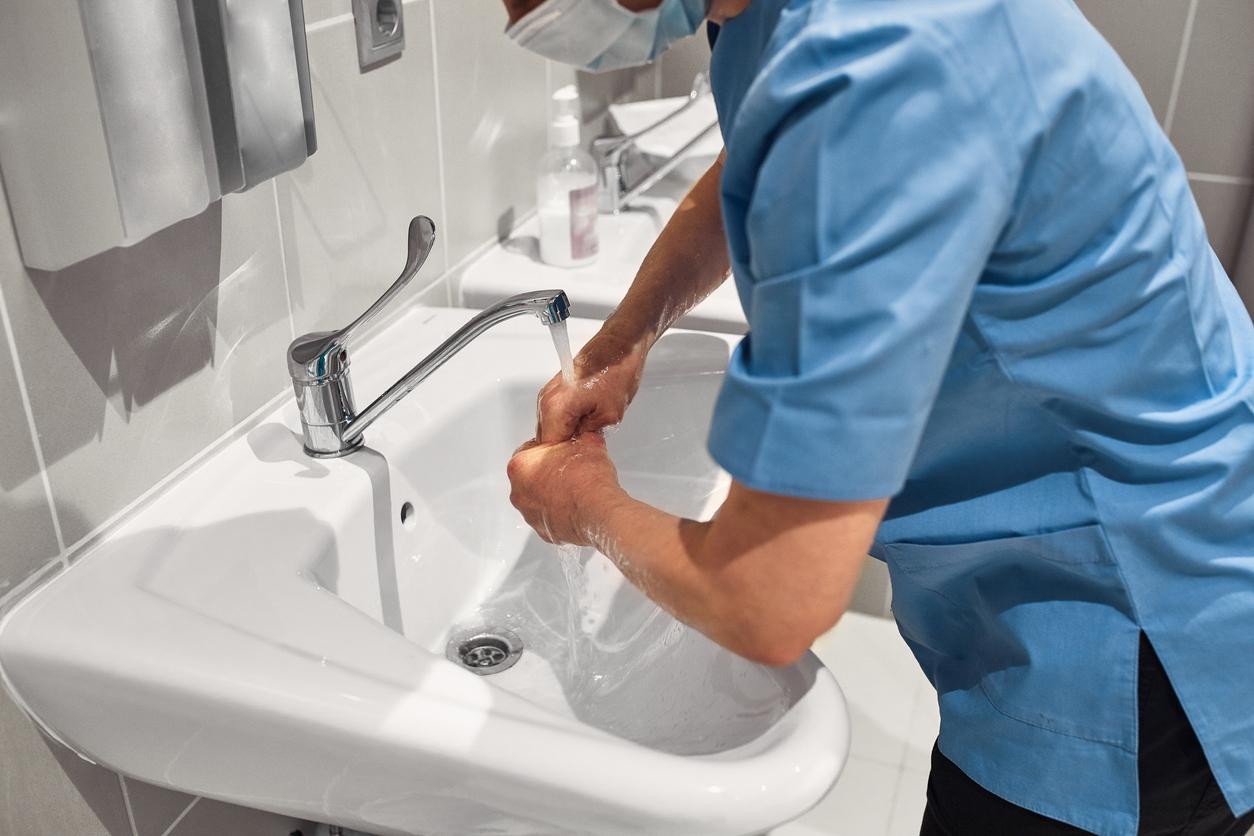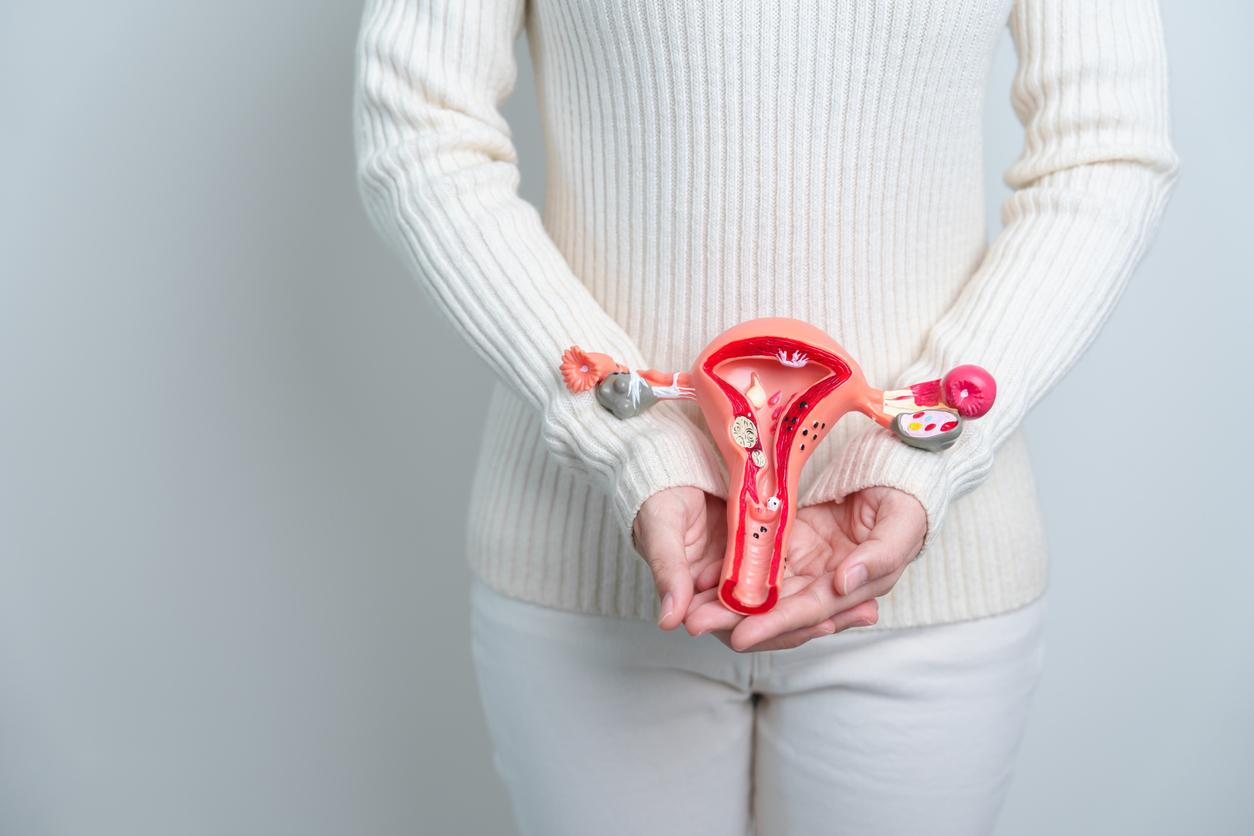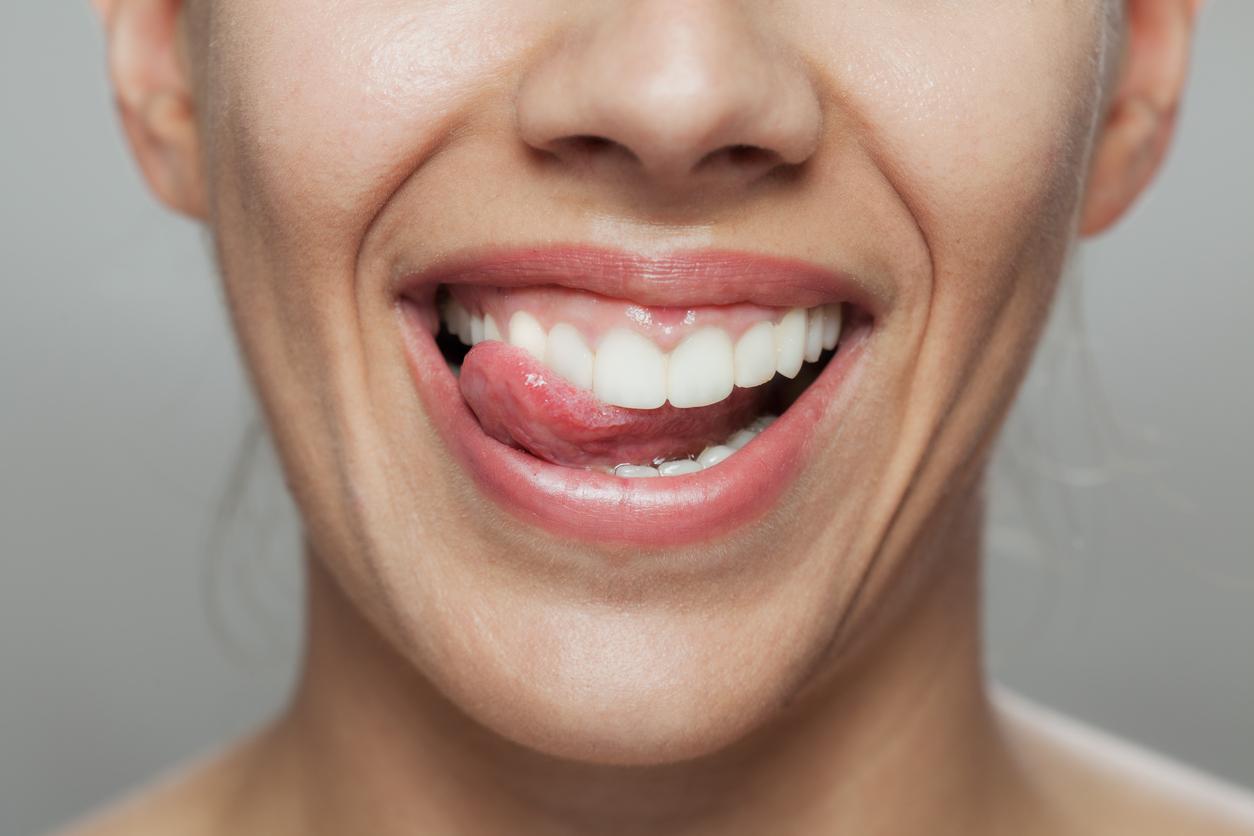American scientists have identified differences in salivary bacteria in college students who had had suicidal thoughts.

- With approximately 9,000 deaths by suicide per year, France has one of the highest suicide rates in Europe.
- 77% of suicides occur in low- and middle-income countries.
With the pandemic, suicidal gestures have increased among adolescents and young adults in recent years. In a study published in the journal Scientific Reports, researchers at the University of Florida (United States) tried to find out if it was possible to predict the risk of suicide. For this, they recruited 47 students who had recently had suicidal thoughts and 325 young people who had no mental disorder.
The team took samples of their saliva and analyzed them for comparison. The volunteers also completed a questionnaire used to screen for symptoms of depression, which asks respondents if they had had suicidal thoughts in the past two weeks.
Suicide: bacterial differences found in the saliva of young adults
According to the work, students who had suicidal thoughts had higher levels of bacteria associated with periodontal disease and other inflammatory problems. Similar results were also seen after looking at the influence of other factors, such as diet and sleep, known to impact mental health.
The authors also found that young participants with suicidal thoughts had lower levels of Alloprevotella rava, a bacteria known to produce a compound that promotes brain health. According to the researchers, these students also had a genetic variation, which could influence the presence of Alloprevotella rava in their saliva.
“We would like to examine the salivary microbiome of people with depression”
“These results tell us which bacteria we need to look at more closely. Our question now is what do these bacteria do biologically and what affects mental health? risks of suicide attempts based on a person’s microbiome and to develop pro- or prebiotic treatments for those at risk,” said Angelica Ahrens, author of the study, in a statement.
The scientists explain that, as part of this work, the students came to a laboratory to provide a sample of their saliva. But now, it is possible to send your sample by post using a saliva collection kit developed by the team. “This method is very convenient for students and also allows us to build a more diverse data set and test different variables. For example, we would like to examine the salivary microbiome of people who are depressed and who take antidepressants,” concluded Angelica Ahrens.

















